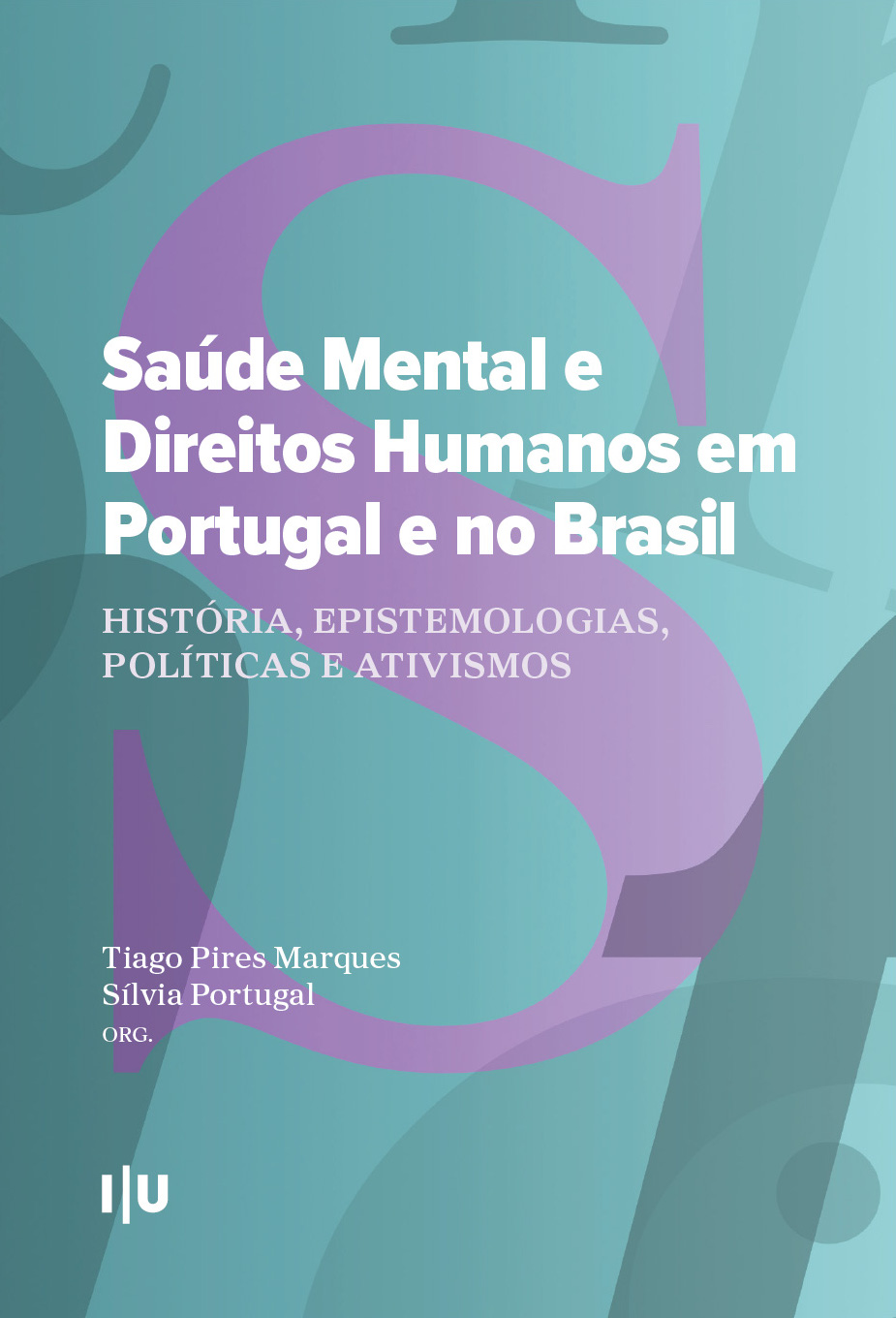About the Project
Citizenship and human rights of those who live with psychiatric diagnoses constitute virtually the last frontier in the struggles for civil rights that began in the 20th century. This interdisciplinary project analyses the history of human rights in the field of psychiatry and mental health, observing a time frame marked by the Universal Declaration of Human Rights (1948) and contemporaneity. The team's previous investigation has identified a significant diversity in the ways of formulating, applying, and experiencing human rights in this field. The project’s team has also found a close interdependence between concepts of human rights and forms of knowledge of mental illness and mental health. This relationship has never been studied exhaustively. This project fills this gap by analyzing the relationship between knowledge, concepts of citizenship and patients’ rights. Considering the various historical processes structuring the globalization of mental health, this project embraces two scales, transnational and local, in two cases, Lisbon (Portugal) and Salvador (Bahia, Brazil). The global and local approach will allow us to better understand what separates medical and public health knowledge from the experiential knowledge of persons living with a psychiatric diagnosis, on which their claims for rights are based. It will also allow to analyze the collaborative processes of knowledge construction and the convergences in the way of conceiving the citizenship of a particularly vulnerable population. Observing a temporal arc that extends from the emergence of Mental Health as a scientific and political paradigm, from the mid-twentieth century to the present, this project also follows the transnational and local responses to the COVID-19 pandemic.
